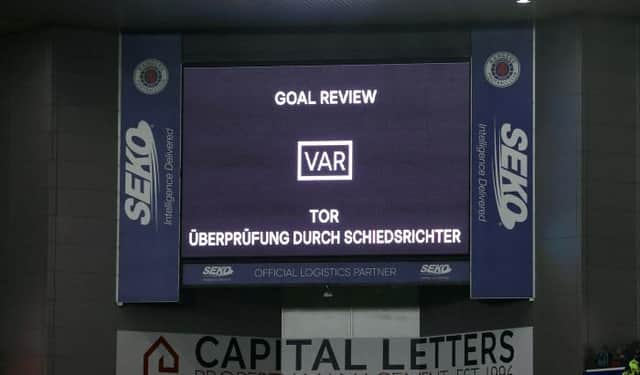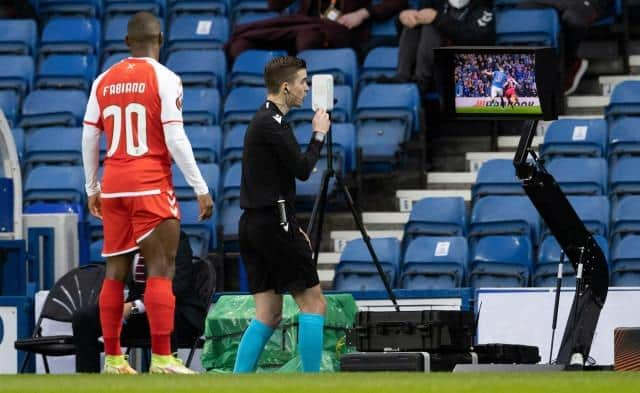VAR in Scotland: We could not afford to be left behind - referee standards, Euro snubs but no panacea


Four years later, the country which gave the modern game to the rest of the world has given the green light to catching up with the 26 other UEFA member associations who have implemented the technology in their top flight leagues.
The main reason Scotland has trailed behind nations such as Kosovo, Cyprus, Israel and Bulgaria in embracing VAR is, of course, finance. Now the estimated annual cost of £1.2 million will be met on a sliding scale by the Scottish Premiership clubs, deducted from the prize money they receive for their finishing positions in the league table, after a vote of all 42 SPFL clubs on Tuesday returned an emphatic majority in favour.
Advertisement
Hide AdAdvertisement
Hide AdLeading managers of Scottish clubs have been consistently banging the drum for VAR and their enthusiasm for it is shared by the match officials who are so often the target of their frustrations on a weekly basis.


The benefits of VAR are obvious and must be widely welcomed. Glaringly obvious errors, such as goals which should or shouldn’t be ruled out for offside, can be largely eliminated. For referees, the opportunity to review other on-field decisions relating to penalty kick awards or red card offences provides the best possible environment for them to get the big calls right.
For the future development of Scottish referees, who have increasingly found themselves out in the cold when it comes to being appointed to major European matches and international tournaments because they do not work with VAR on a weekly basis, it is essential.
But no-one should labour under the misapprehension that VAR will be the cure-all for the levels of scrutiny and pressure under which our match officials have to perform. For all of its plus points, VAR cannot and will not eradicate controversy surrounding refereeing decisions.
Rangers’ exceptional run to the Europa League semi-finals this season has provided clear evidence that the application of the laws of the game, even with all the help provided by video assistants and as many replays of incidents as you like, will always be highly subjective.
Two of the VAR calls which went against Rangers in the knockout phase of the tournament were, to say the least, debatable. Ryan Kent had a goal disallowed against Borussia Dortmund when his team-mate Alfredo Morelos was judged to have fouled Emre Can in the build-up, a decision which was widely panned by a host of bemused pundits. There was a similarly critical reaction to the handball given against Borna Barisic before he crossed for Kemar Roofe to head home against Braga last week.
But, over the piece, Rangers have welcomed VAR’s intervention which saw them rightly awarded penalty kicks in the matches against Dortmund and Red Star Belgrade which were not spotted by the match referees at the time.
VAR is here to stay and Scotland couldn’t afford to be left behind. Just don’t expect it to get everything right.
A message from the Editor:
Thank you for reading this article. We're more reliant on your support than ever as the shift in consumer habits brought about by coronavirus impacts our advertisers.
If you haven't already, please consider supporting our trusted, fact-checked journalism by taking out a digital subscription.
Comments
Want to join the conversation? Please or to comment on this article.